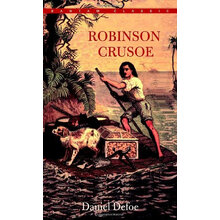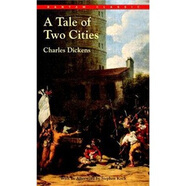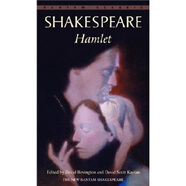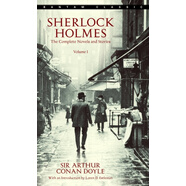Bantam Classics 經(jīng)典系列:魯濱孫漂流記ROBINSON CRUSOE簡介,目錄書摘

At fifty-nine Defoe turned to fiction, completing The Life and Strange Surprising Adventures of Robinson Crusoe (1719), partly based on the saga of Alexander Selkirk, a Scottish sailor; Moll Flanders (1722); Colonel Jack (1722); A Journal of the Plague Years (1722); and Roxana or the Fortunate Mistress (1724).







 京公網(wǎng)安備 11000002000088號
京公網(wǎng)安備 11000002000088號